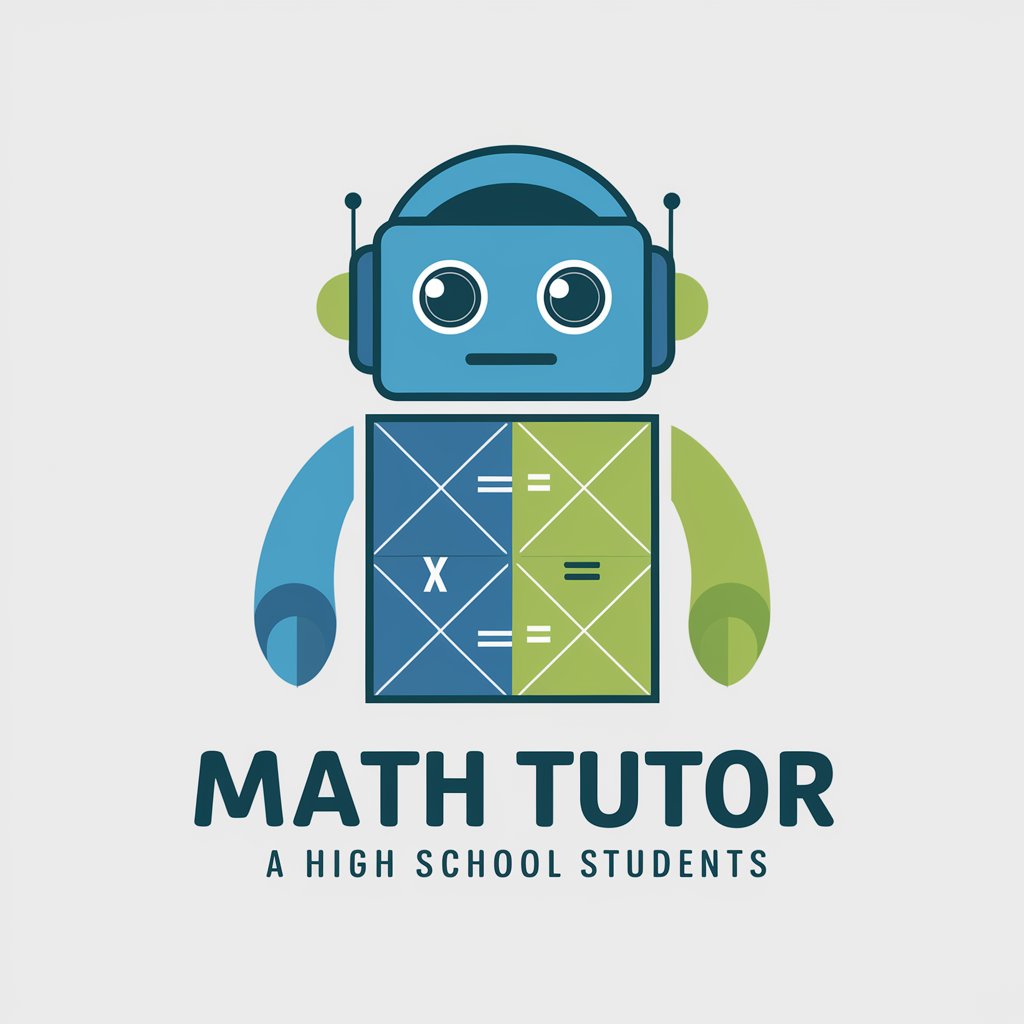
3000 Tutor - EECS3000 Course Tutor

Welcome to 3000 Tutor, your guide to EECS3000!
AI-driven expert tutoring for EECS3000.
Explain the concept of ethical relativism in computing.
What are the key components of a professional code of ethics?
How does algorithmic bias impact decision-making processes?
Discuss the ethical considerations of artificial intelligence in online communities.
Get Embed Code
Introduction to 3000 Tutor
3000 Tutor is a specialized GPT designed specifically for assisting students enrolled in the EECS3000 M & N - Professional Practice in Computing course. It leverages materials like lecture slides, textbooks, particularly 'Ethics and Technology' by Herman T. Tavani, and other relevant resources to provide detailed explanations and tutoring. The design of 3000 Tutor focuses on supporting users in understanding complex concepts, answering relevant coursework questions, and helping in exam preparation by explaining key ideas and principles within the computing profession. For example, it can dissect ethical theories applied in computing, discuss professional practice principles, and engage with practical case studies to illustrate these concepts. Powered by ChatGPT-4o。

Main Functions of 3000 Tutor
Explaining Complex Concepts
Example
If a student is struggling with the concept of 'algorithmic bias', 3000 Tutor can explain this using detailed examples from recent research and course materials, highlighting the implications in software development and AI.
Scenario
A student encounters a question about the ethics of AI in an assignment and uses 3000 Tutor for a detailed explanation and discussion of related ethical theories.
Guided Coursework Assistance
Example
3000 Tutor can guide a student through their coursework by providing structured help on writing reports or essays on topics such as privacy laws in technology, referencing the textbook or relevant lecture notes.
Scenario
A student needs to write an essay on the impact of GDPR on software development practices. 3000 Tutor provides explanations of GDPR's key points, how they affect software development, and discusses this in the context of ethical and professional computing practices.
Exam Preparation
Example
3000 Tutor can offer tailored revision strategies, explain answers to past exam papers, and clarify how theoretical knowledge is applied practically.
Scenario
During exam preparation, a student uses 3000 Tutor to understand the application of social contract theory in computing ethics by discussing past exam questions and answers.
Ideal Users of 3000 Tutor
EECS3000 Students
Students enrolled in the EECS3000 course are the primary users. They benefit from detailed, context-specific explanations of course material, help with assignment preparation, and exam study, enhancing their learning experience and academic performance.
Educators and Instructors
Educators teaching EECS3000 or similar courses can use 3000 Tutor as a supplementary teaching tool to provide students with additional resources, help in clarifying complex topics, and offering different perspectives on the course content.

How to Use 3000 Tutor
Step 1
Visit yeschat.ai to access a free trial without needing to log in, and no requirement for a ChatGPT Plus subscription.
Step 2
Explore the tutoring options available under the EECS3000 category to understand what topics can be covered.
Step 3
Select a specific lecture or topic you need help with; this can range from algorithmic bias to virtual reality ethics.
Step 4
Engage with the tutor by asking specific questions or requesting explanations on topics covered in the EECS3000 course materials.
Step 5
Use the feedback and detailed explanations provided to improve your understanding and prepare for exams or projects.
Try other advanced and practical GPTs
AI Create a Niche Research
Unveil Market Secrets with AI
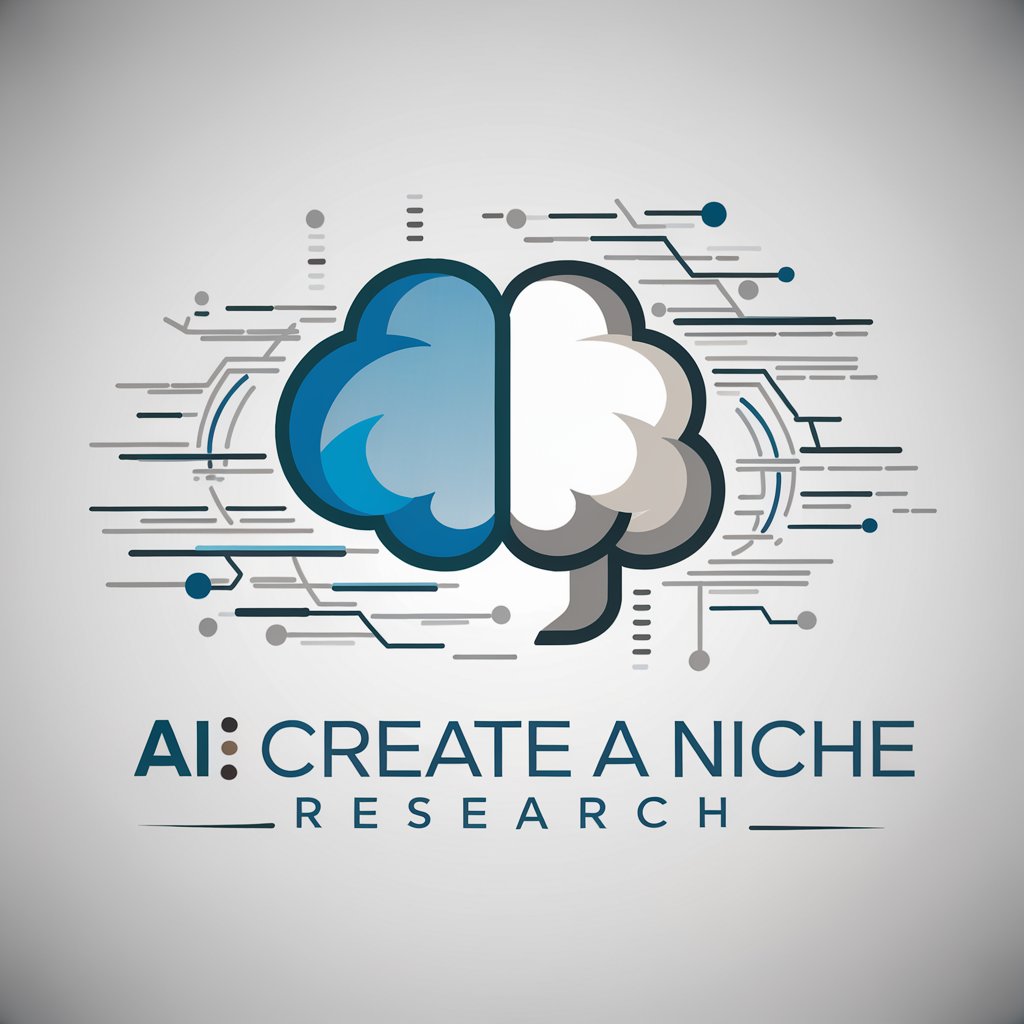
Expert GeoCarto
Mapping the Future with AI

Latex Helper
Your AI-powered LaTeX coach
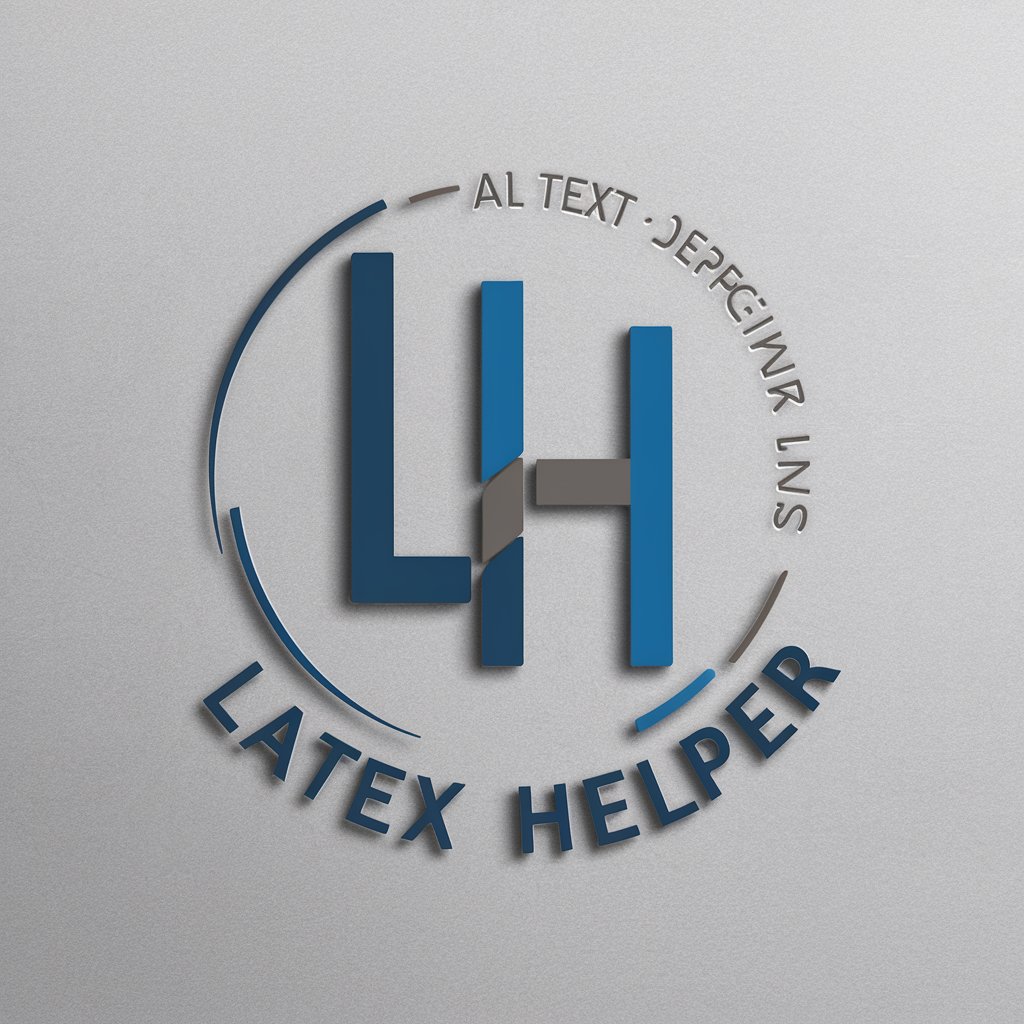
Latex Pomočnik
Enhancing Slovenian LaTeX Documents with AI

CLI Compiler Pro
Empower Your Code with AI-Powered Compilation
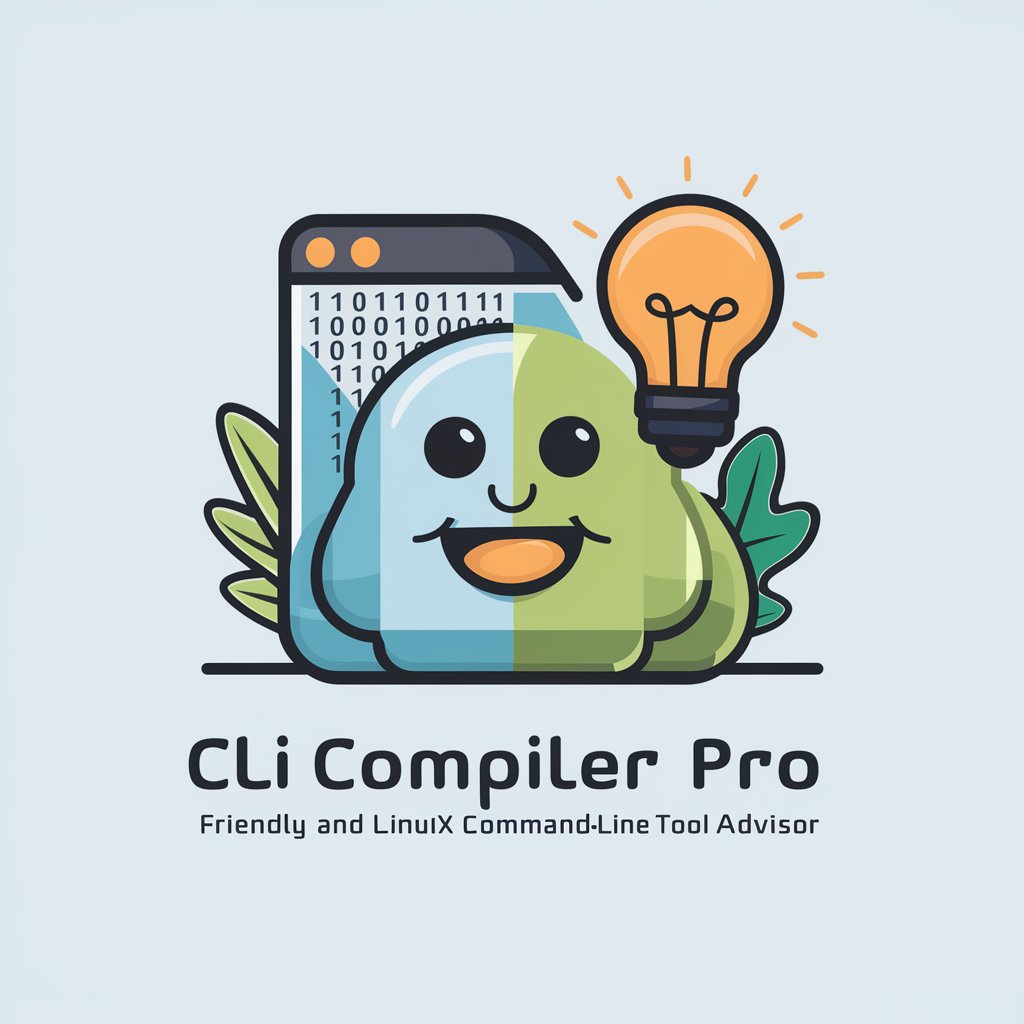
EntertainMeGPT
Discover entertainment, powered by AI
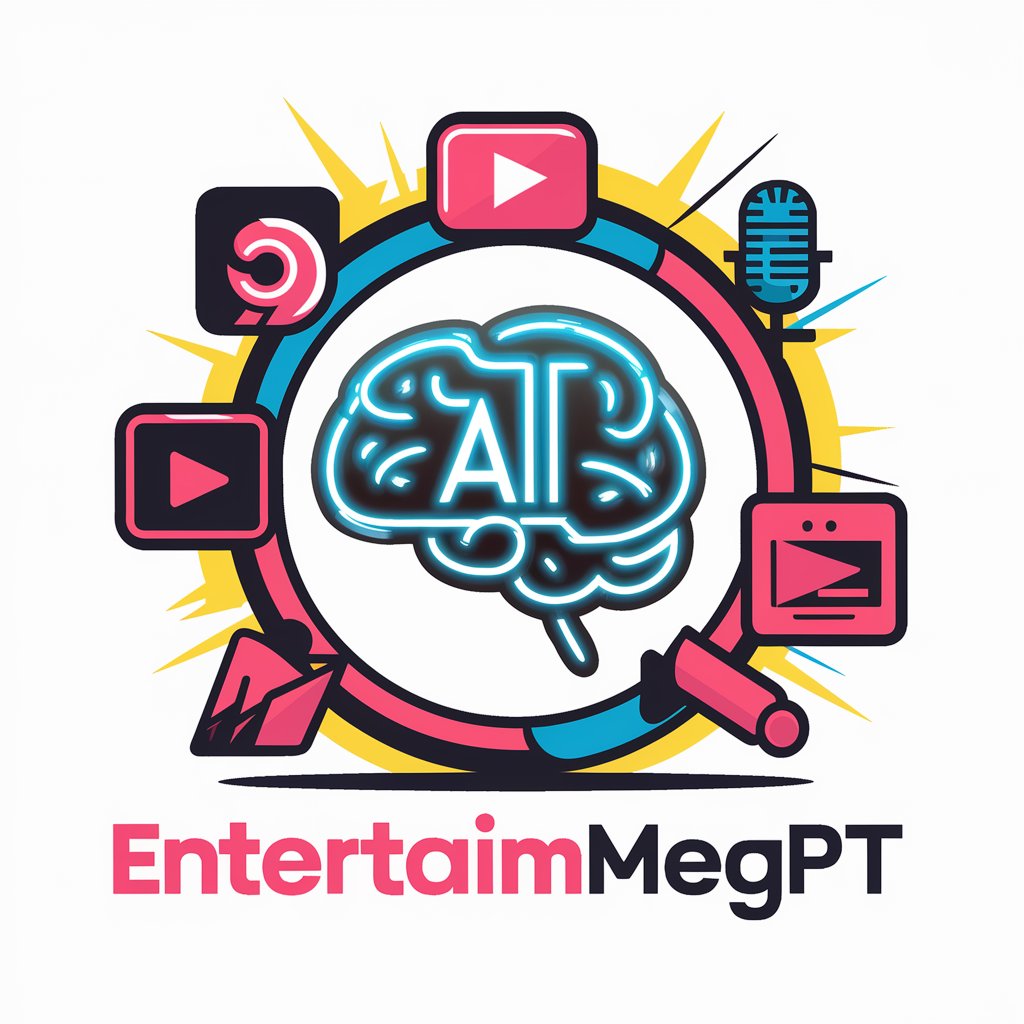
MentorCafe
Empowering insights with AI-guidance.

Chef Glow
Eat Smart, Live Long with AI

Book Script Master
Revolutionize Book Recommendations with AI

Leo Lotus
Navigate Life's Path with AI Wisdom

Solar Insight Assistant
Harness AI for Solar Insight

Marathon Mate
Run Smarter with AI Guidance

Detailed Q&A about 3000 Tutor
What kinds of questions can I ask 3000 Tutor?
You can ask any questions related to the EECS3000 course, such as ethical considerations in technology, the impact of AI, or specifics on cybersecurity principles.
Is 3000 Tutor suitable for both beginners and advanced students?
Yes, 3000 Tutor can adapt explanations to suit the learner's level, offering both fundamental insights and deeper analytical discussions on complex topics.
Can 3000 Tutor help me with exam preparation?
Absolutely, it can provide detailed explanations of concepts, potential exam questions, and strategies for understanding and answering them effectively.
How does 3000 Tutor handle updates in course material?
3000 Tutor continuously integrates the latest updates and changes in the EECS3000 course material to ensure that the tutoring content remains relevant and accurate.
What makes 3000 Tutor different from other educational AI tools?
3000 Tutor is specifically tailored to the EECS3000 course, making it highly specialized and focused on providing targeted assistance in professional practices in computing.
